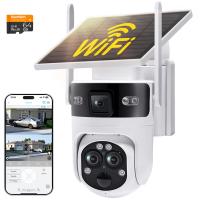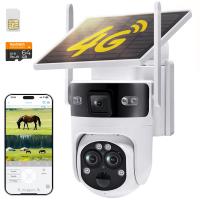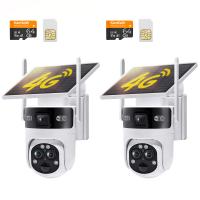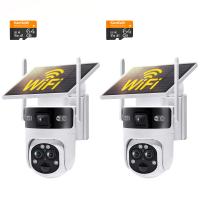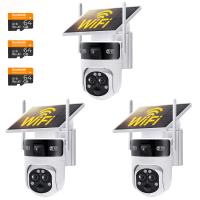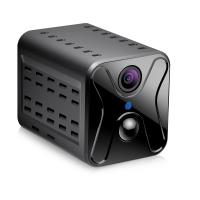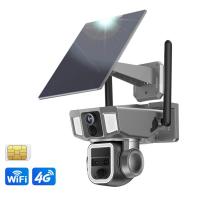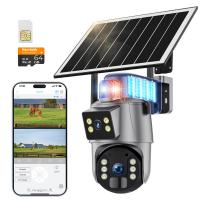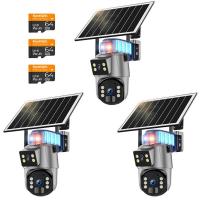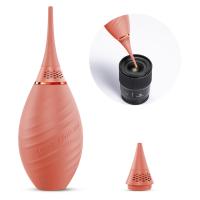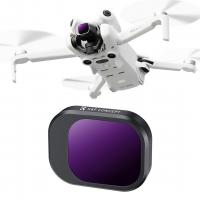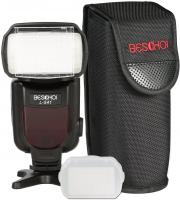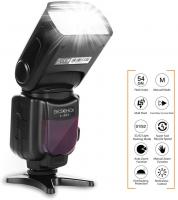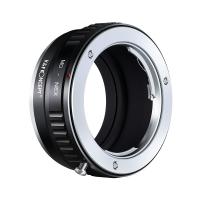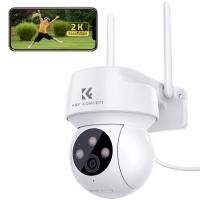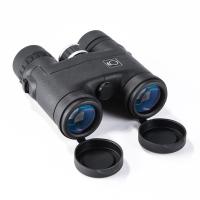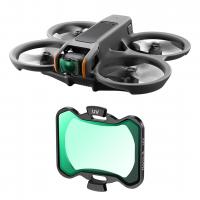How To Make Security Camera Stop Working?
How to Make a Security Camera Stop Working: Exploring Ethical and Legal Solutions, Risks, and Best Practices
Security cameras have become a critical component of modern-day surveillance, offering property owners, businesses, and governments the ability to monitor and secure their spaces effectively. However, there are legitimate situations where you might need to temporarily or permanently disable a surveillance camera. These needs might arise from security-focused troubleshooting, privacy concerns in your own property, or maintenance and repair tasks. While this topic can be sensitive, it’s important to approach the matter responsibly, ethically, and in compliance with the law.
In this article, we’ll examine how to address situations where you might want or need to make a security camera stop working, emphasizing responsible and legal actions you can take. We’ll also highlight potential risks so you can avoid unwanted consequences when dealing with security camera systems.
---
Key Considerations Before Taking Action
Before disabling any security camera, you need to evaluate the specific situation. Remember that tampering with someone else's security system without permission is an offense in most jurisdictions and can lead to serious legal consequences, including fines and imprisonment. Conversely, if the camera is on your property, you are generally within your rights to modify, turn off, or remove it as you see fit.
Some common reasons you might consider disabling a camera could include:
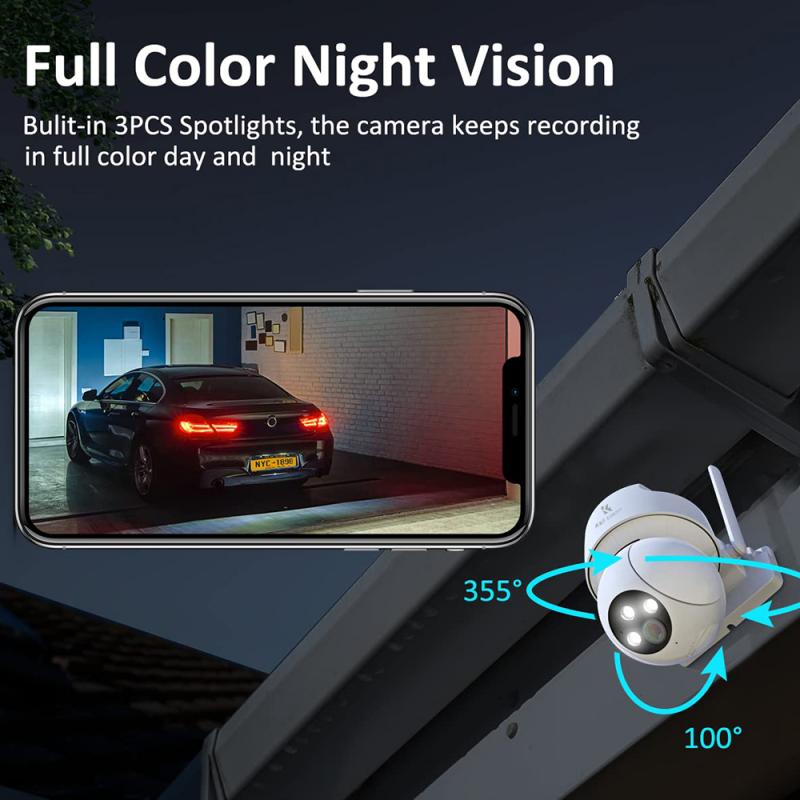
- Privacy concerns: Perhaps a third-party camera (e.g., a neighbor’s camera) is infringing on your private property.
- Maintenance or updates: You may need to disable your own cameras during a system upgrade, repair, or relocation.
- Security risks: Cybersecurity vulnerabilities in the camera system might make it necessary to temporarily shut it down to protect private data.
- Preventing malicious use: In rare cases, unauthorized users might hijack security cameras, necessitating an emergency shutdown.
Regardless of the reason, the actions you take should align with local laws. Disabling a camera to evade accountability (e.g., during criminal conduct) is both illegal and unethical, and our discussion here strictly focuses on solutions that do not promote illegal activities.
---
How to Stop a Security Camera from Working
Let’s explore approaches for disabling security cameras in various legitimate contexts.
1. Turning the Camera Off Via Software Settings (For Your Own Cameras)
Most modern security camera systems come with companion apps or software that allow you to directly control and configure the device. To temporarily stop recording:
- Access the camera app: Log in to your equipment’s software (e.g., Ring, Arlo, or Hikvision) using your username and password.
- Pause the recording: Navigate to the settings menu, and you’ll often find an option to disable live streaming or recording.
- Adjust motion detection: If the camera has motion detection features, you may be able to turn off these settings temporarily.
This method is straightforward and ensures that the camera is safely disabled without physical interference.
2. Power Down the Camera
For fully disabling a camera, cutting off its power supply is the most effective method, provided that it is your own camera system. There are three commonly used approaches:
- Unplug the camera: If the camera is wired and connected to an outlet, simply unplugging it from the power source will stop it from functioning.
- Disable the breaker switch: For larger wired systems, you can locate the breaker controlling the camera and turn it off.
- Remove the batteries: Wireless or battery-powered security cameras can be temporarily disabled by removing or disconnecting the battery.
Note: When using this method, always refer to the camera’s manual to ensure you aren’t causing damage to the system.
3. Disconnect It from the Internet
Another way to disrupt a security camera without altering its hardware is to disconnect it from the network it relies on. Internet-dependent cameras won’t be able to transmit footage if they don’t have a connection.
- Disable your Wi-Fi router: If the camera is reliant on your network, shutting off the router will temporarily prevent streaming or cloud recording.
- Change network permissions: Many routers allow you to deny internet access to specific devices. You can block the camera from connecting to the network through your router’s admin panel.
However, this method applies only to your personal or authorized systems. Attempting to disrupt someone else’s camera feed through network interference is both illegal and unethical.
---
Addressing Privacy Issues Raised by Third-Party Cameras
If a neighbor or another party has installed a security camera that invades your privacy, it's vital to handle the situation legally and diplomatically. Here are steps for resolving such conflicts:
1. Communicate with the Camera Owner
Begin with a polite conversation. Explain your privacy concerns and ask the camera owner to reposition the device so it no longer covers your property. In many cases, property owners will be willing to compromise.
2. Erect Physical Barriers
A non-confrontational way to tackle privacy issues is to install fences, thick curtains, or other barriers that obscure the camera’s view of your property. For instance, dense hedges or strategically placed garden walls can make it difficult for the offending camera to capture footage.
3. Seek Legal Advice
If the camera's placement unreasonably violates your rights to privacy, you may want to consult local regulations and possibly hire an attorney. Laws governing the use of cameras vary widely, so professional advice can help guide your next steps.
---
Improper or Malicious Ways to Stop a Camera (Why to Avoid Them)
In the era of high-tech devices, it’s not uncommon to hear of people using tactics like lasers, jamming equipment, or brute force to disrupt or destroy surveillance cameras. These approaches are illegal in most jurisdictions when applied to someone else’s equipment. Here’s why you should avoid them:
1. Legal Consequences: Deliberate tampering with someone’s security camera counts as property damage or surveillance interference, which can lead to prosecution.
2. Ethical Concerns: These measures violate mutual rights to security and privacy within a community.
3. Ineffectiveness: Many modern cameras are tamper-resistant and utilize advanced features like redundant backups, tamper alarms, or cloud storage that ensures data remains intact even if the camera is damaged.
Focus instead on ethical methods, preventative measures, or legal recourse to ensure outcomes that respect everyone’s rights and concerns.
---
How to Prevent Unauthorized Tampering With Your Own Camera
If you are a security camera owner, you might worry about someone attempting to disrupt or disable your system. Here’s how you can protect your equipment against tampering:
1. Position Cameras Safely
Install cameras in elevated, hard-to-reach locations to prevent them from being manipulated or covered. Consider housing for additional protection.
2. Disable Physical Access
Secure power sources and network cables in locked enclosures, preventing individuals from disconnecting them without permission.
3. Activate Tampering Alerts
Many advanced camera systems trigger alarms when they are moved, covered, or manually interfered with. Enable these features where available.
4. Backup Recordings in the Cloud
In case of physical damage or tampering attempts, cloud-based storage allows you to preserve footage for review.
---
Conclusion
Making a security camera stop working, whether for maintenance, troubleshooting, or addressing privacy concerns, is a subject that requires careful judgment and ethical considerations. Always ensure you’re acting within the confines of the law and addressing the issue responsibly, especially where third parties are involved.
If you’re dealing with your own cameras, start by leveraging in-app features, powering down the device safely, or disconnecting it from the network. For resolving privacy disputes, prioritize calm discussions with camera owners and use barriers as a last resort. When in doubt, consult legal experts to avoid escalations.
By handling such situations thoughtfully and carefully, you can navigate the complex trade-off between security and privacy in a way that upholds both ethical standards and legal obligations.

